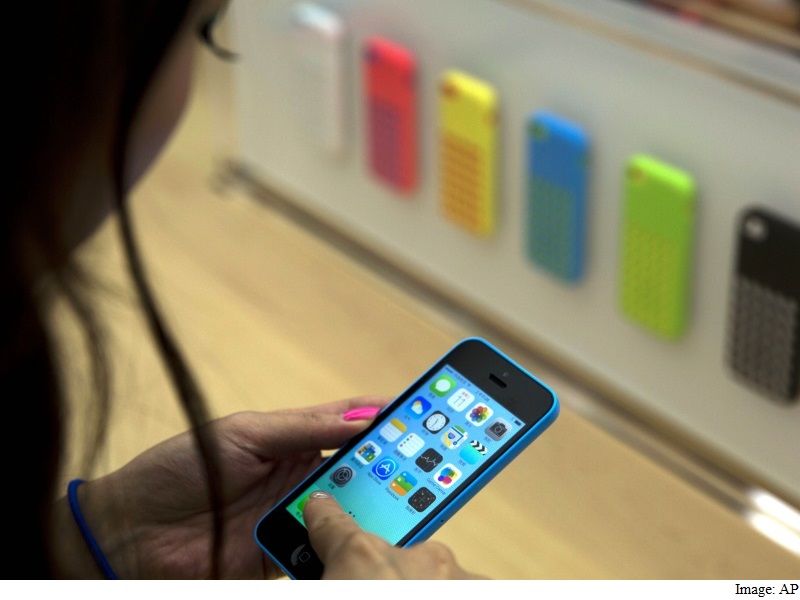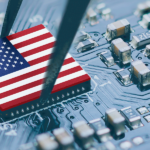FBI: ‘Too Early’ to Say if Anything Valuable Is on San Bernardino iPhone

After a protracted and very public dispute between the FBI and Apple, federal authorities said last week that investigators were able to access a locked iPhone used by one of the San Bernardino, California, attackers.
So what have they actually found? It’s too soon to say, according to the FBI’s top lawyer.
The FBI is still analyzing data found on the iPhone, but it is “simply too early” to say whether the device contained any useful information, FBI General Counsel James Baker said at a conference Tuesday.
Baker said investigators had obtained data from the phone. He also hinted it was possible that the bureau may never reveal the phone’s contents, saying that the FBI will make a decision on what to disclose only after they finish analyzing the iPhone’s data.
“If and when it becomes appropriate to disclose it, we will,” Baker said during a moderated discussion at a conference of the International Association of Privacy Professionals. “We understand the public interest. And we understand the need for the public to have faith and confidence in us.”
The iPhone 5C was used by Syed Rizwan Farook, one of two shooters who killed 14 people and wounded 22 others during a December 2 terrorist attack. This device was at the center of a weeks-long dispute between the federal government and Apple that became a much larger argument over privacy, security and encryption in the digital age.
Investigators recovered Farook’s iPhone after the attack and, while they were able to access some of the phone’s data that was backed up, they were unable to unlock the device. In February, the Justice Department sought and obtained a court order directing Apple to help them access the phone’s contents. This order told Apple to write software disabling a feature erasing the phone’s data after 10 incorrect attempts at trying a password.
Apple fought back against the order, and the two sides quickly began engaging in a war of words that spilled into court filings, open letters, media interviews and Capitol Hill testimonies. The tech giant, along with a host of other Silicon Valley firms, said that if the FBI prevailed, it could open the door for the government to force companies to help in an untold other number of instances. The Justice Department argued that it needed Apple’s help in a terrorism investigation and that only Apple could help in this case.
Federal officials called Apple’s arguments “a diversion” and said the company was just worried about its public image. The technology company invoked the Founding Fathers. Relatives of San Bernardino victims and major technology companies, such as Google, Facebook and Microsoft, took sides in the case.
And then, just before the two sides were set to face off in a California courtroom, the Justice Department announced that it didn’t necessarily need Apple’s help after all because an unnamed “outside party” had found a way into the phone.
Federal officials last week said the Justice Department was abandoning its campaign to force Apple to help it because that method worked, and investigators were able to access the locked iPhone. Prosecutors did not say which outside party helped, nor did they identify the method used.
The FBI is weighing whether to share this method with state and local law enforcement agencies, but there are some obstacles involved in that. For one thing, the FBI has classified the tool, so it will be difficult to use in those local prosecutions that require disclosing evidence to defendants. And this method may only be useful for a matter of months, as tech companies regularly find and fix vulnerabilities and update the software used on their devices.
[“source-ndtv”]



